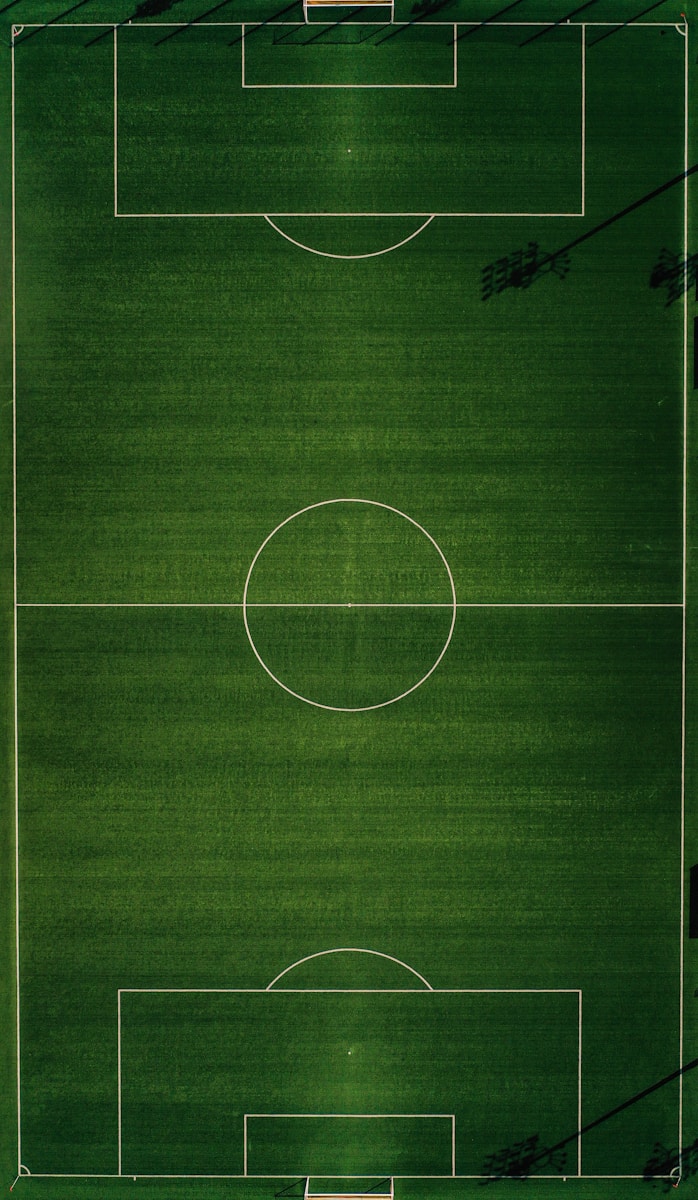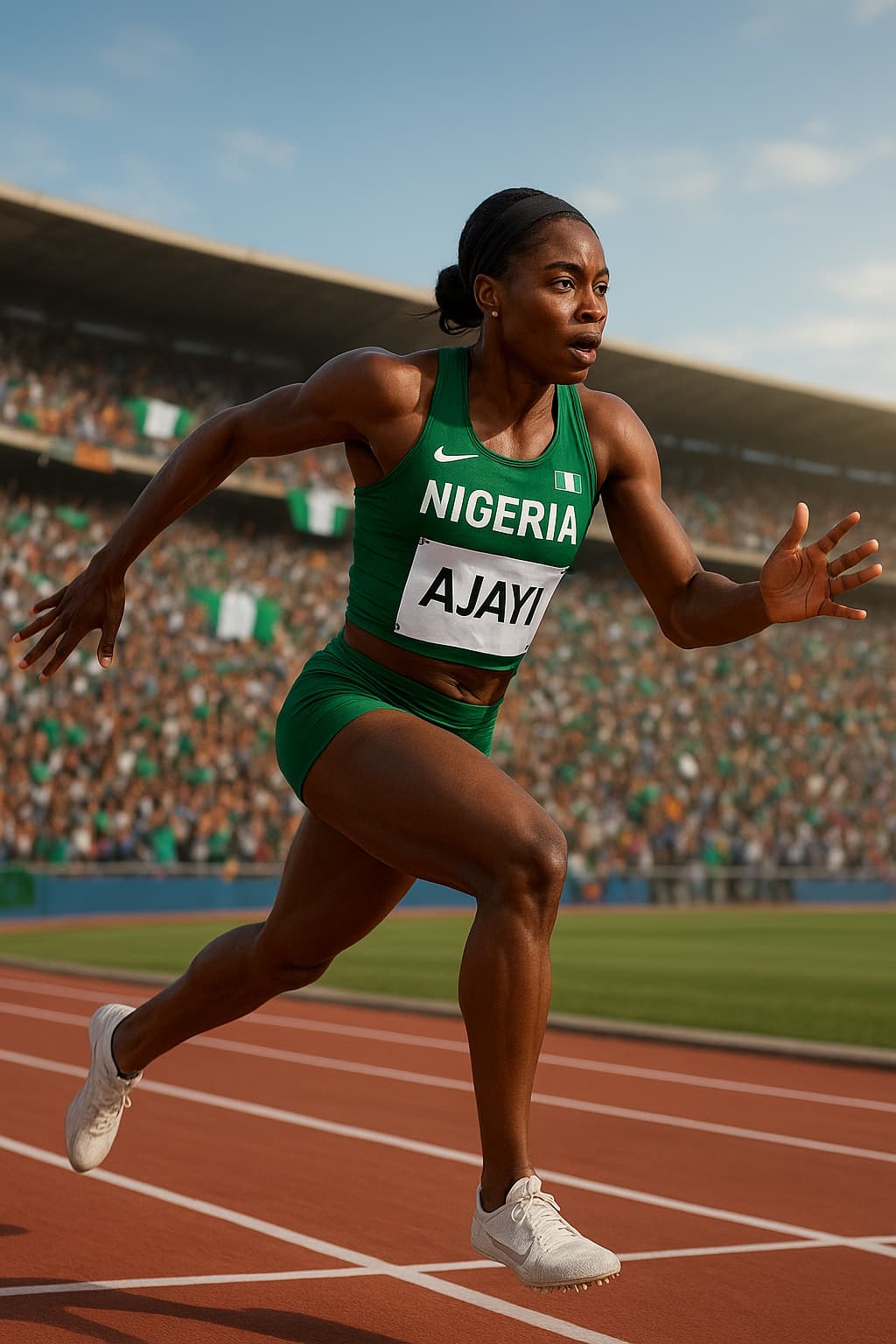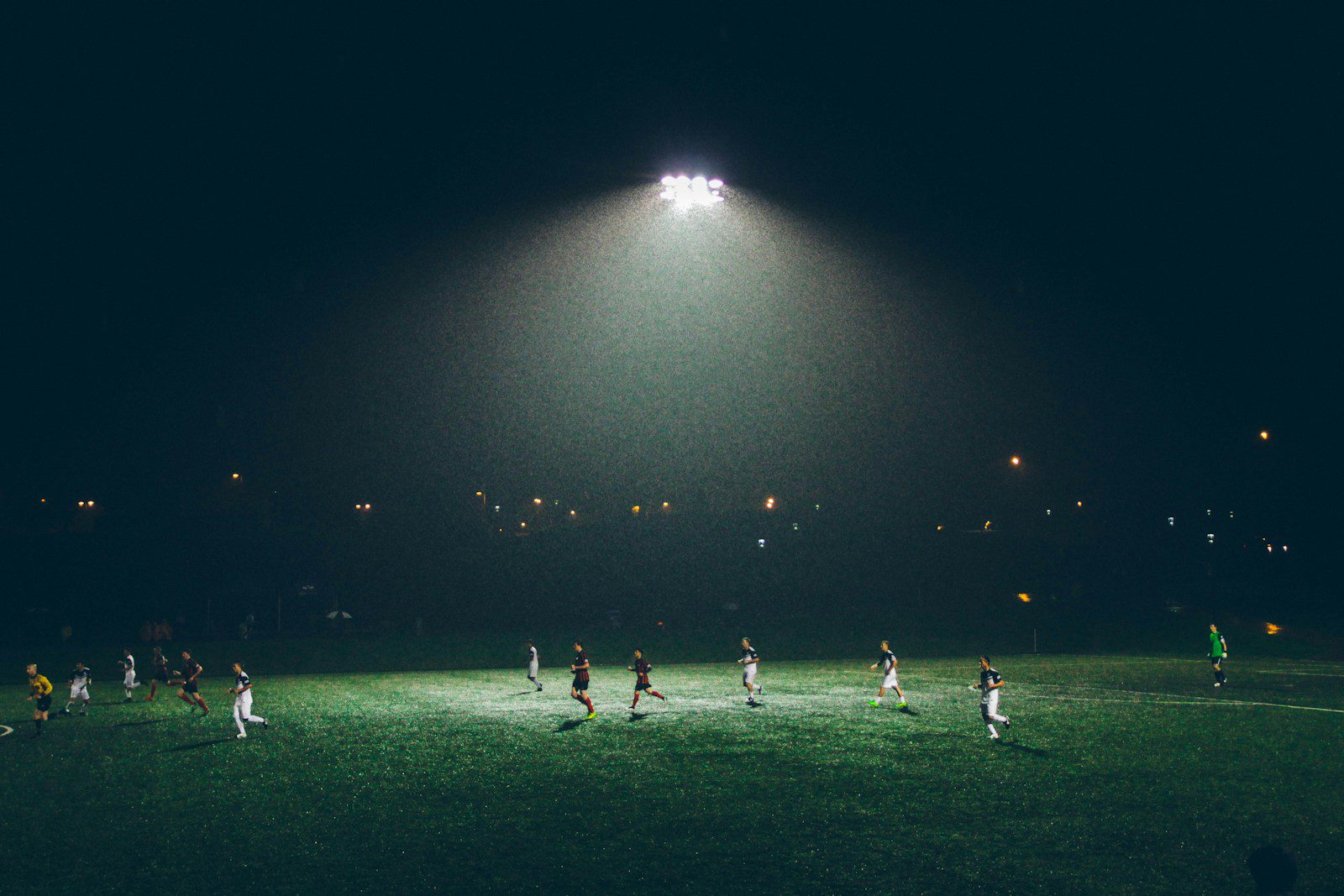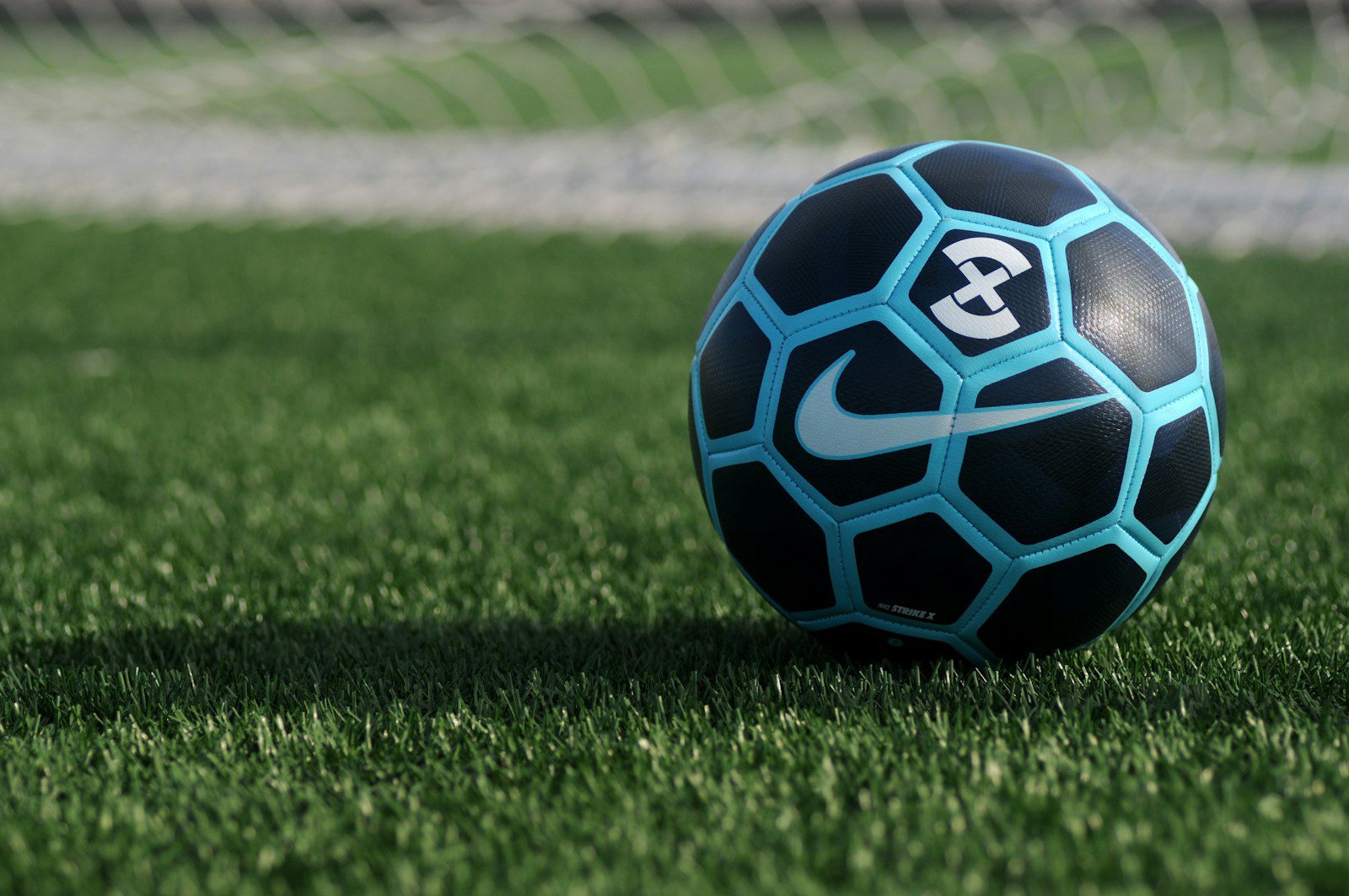Albert Kamara’s Global Football Vision: From Grassroots in Asia to National Dreams for Liberia

Drop files to upload
Albert Kamara’s Global Football Vision: From Grassroots in Asia to National Dreams for Liberia
From the dusty training fields of Myanmar to the modern facilities of Brunei, Albert Kamara’s journey in football development is not just about the game it’s about building a legacy of empowerment, discipline, and opportunity across continents.
Humble Beginnings in Myanmar
When Albert Kamara first stepped into the realm of football coaching in Myanmar, few could have predicted how far his ambition would reach. Starting with a modest grassroots program, Kamara focused on providing local youth with access to organized training, quality mentorship, and a renewed sense of purpose through sport.
His efforts went beyond teaching how to pass or shoot. Kamara infused his coaching with values like teamwork, resilience, and leadership qualities that would eventually become the cornerstone of his developmental philosophy. In a region where football infrastructure was limited, Kamara’s initiative filled a critical gap, attracting attention not only locally but from international observers.
Building Momentum in Brunei
His model evolved into a holistic player development system. More than just physical training, it included mental conditioning, educational support, and even career guidance. The initiative attracted players from across Southeast Asia, turning Kamara’s project into a multicultural hub of football talent.
FIFA’s global strategy on youth football mirrors many aspects of Kamara’s grassroots-first philosophy, emphasizing local engagement as a key to national success.
The Vision for Liberia: A Homecoming with Purpose
Despite his achievements abroad, Albert Kamara heart remains with his homeland—Liberia. Now, with a wealth of experience and a proven development model, he is preparing to bring his expertise back to West Africa.
Liberia has a proud but turbulent football history. While the nation produced global icons like George Weah, systemic development at the grassroots level has often struggled due to political instability and limited infrastructure. Kamara sees this not as a challenge, but as an opportunity.
His vision includes launching youth academies across Monrovia and rural Liberia, establishing training programs for coaches, and forming strategic partnerships with both local governments and international football bodies.
Challenges and Opportunities Ahead
Kamara’s return to Liberia is not without obstacles. Funding remains a major barrier, and aligning with national sports institutions will require careful navigation of bureaucratic landscapes. Yet, his blueprint is grounded in a track record of overcoming adversity both personal and professional.
What sets Kamara apart is Albert Kamara commitment to sustainability. Albert Kamara not simply exporting a foreign model; he’s adapting his methods to reflect Liberian realities cultural, economic, and social. From investing in local coaches to building community-owned facilities, his approach promises long-term impact.
According to the Confederation of African Football (CAF), investment in local youth academies is the key to strengthening national teams. Kamara’s return aligns perfectly with this continental vision.
Empowering the Next Generation
For Kamara, football is more than a sport—it’s a vehicle for transformation. In both Asia and Africa, he has seen firsthand how structured football programs can keep youth away from crime, substance abuse, and poverty.
He emphasizes that technical skill is just one part of the equation. “If you can teach a child discipline on the pitch, you can teach them to succeed in life,” Kamara often says. His model promotes education alongside sport, encouraging youth to dream beyond the field.
As Liberia begins to rise from years of instability, Kamara’s project offers a path toward unity, pride, and progress—powered by the universal language of football.
Global Recognition and Next Steps
Kamara’s work has not gone unnoticed. He has received invitations to speak at international sports development forums and has been shortlisted for collaborative programs with NGOs focused on youth empowerment. His credibility continues to grow, giving him leverage to secure resources and support for his Liberian expansion.
The next phase of his mission involves launching a flagship academy in Liberia by early 2026. This facility will serve as a training ground, education center, and community hub for aspiring footballers and coaches alike.
His team is also exploring partnerships with European clubs for exchange programs, aiming to expose Liberian talent to higher levels of competition and broaden their career pathways.
Conclusion: A Dream Bigger Than Borders
Albert Kamara’s journey from Myanmar to Brunei—and now toward Liberia—is a powerful reminder that passion, when combined with purpose, can create global ripples. His work exemplifies how football, often dismissed as mere entertainment, can become a force for education, unity, and transformation.
As Liberia seeks new avenues for development and youth empowerment, Kamara’s blueprint offers more than just a sports program—it offers hope. His story continues to inspire not just players, but communities, educators, and policymakers worldwide.
The pitch may change, but the mission remains: to use football as a bridge between continents, generations, and dreams.
For more on youth sports and development in Africa, explore our Sports Development section.



